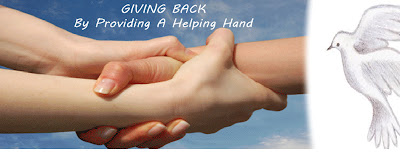Many arguments teenagers have with their parents are about one thing: independence. As you get older, you'll want to do more stuff on your own, without your mom and dad tagging along with you. The arguments generally start when your parents think you aren't ready for extra responsibility while you think you are. Global Peace Foundation define Arguing with your parents isn't the best solution at all, but the best solution is gaining trust from your parents and normally they won't be worried about increasing your independence
Agree a time you'll be home with your parents, and always make sure you keep to it
If you can't get home by 9.30, they'll never let you out until 10.00.
Always tell your parents where you are, and who you're with.
They won't feel much worried letting you go off on your own if they know what you're up to.
Introduce them to your friends.
They won't imagine you getting into trouble if they know how they are.
Call in and tell your parents that you're OK from time to time.
The less they worry about you, the more independence you'll gain.
Never lie to your parents about where you're going.
If they find out, all that trust will be destroyed and then you'll never get the extra independence you ever wanted.























